Summer and springtime are undoubtedly some of the most wonderful times of the year. You are surrounded by beautiful flowers and an even better array of trees and greenery around you. But, as you step out of the house, the risk of getting stung by a bee or any flying insect around you is a lot higher too.
Hornet stings are particularly nasty. Not only does it cause pain, but it also inflicts a degree of discomfort and numbness that possibly no one wants to experience. And you have most likely been stung by a hornet or know someone who has.
Also read: How to Get Rid of Spider Wasps?
Table of Contents
Do you need to see a Doctor for Hornet Stings?
In most cases, hornet stings are painful but not fatal. So, nine out of ten chances are that you won’t need to see a doctor if you have been stung by a hornet.
However, that said, we’d recommend that you pay close attention to the symptoms because that’s what makes all the difference. If you are experiencing any of the following symptoms, it is ideal to see a doctor before things go out of hand:
- Hives
- Swelling in the throat or tongue
- Diarrhea
- Vomiting
- Tachycardia or rapid heart rate
- Dizziness
- Severe itching at the site of the sting
- Labored breathing
If you notice these symptoms developing after you are stung by a hornet, we’d recommend that you take those symptoms seriously and see a doctor if needed.
List of Best Home Remedies for Hornet Stings
When it comes to treating home remedies for hornet stings, there are quite a few different ones you need to pay close attention to. For your convenience and safety, we have sorted out the top remedies here.
1. Ice the Area
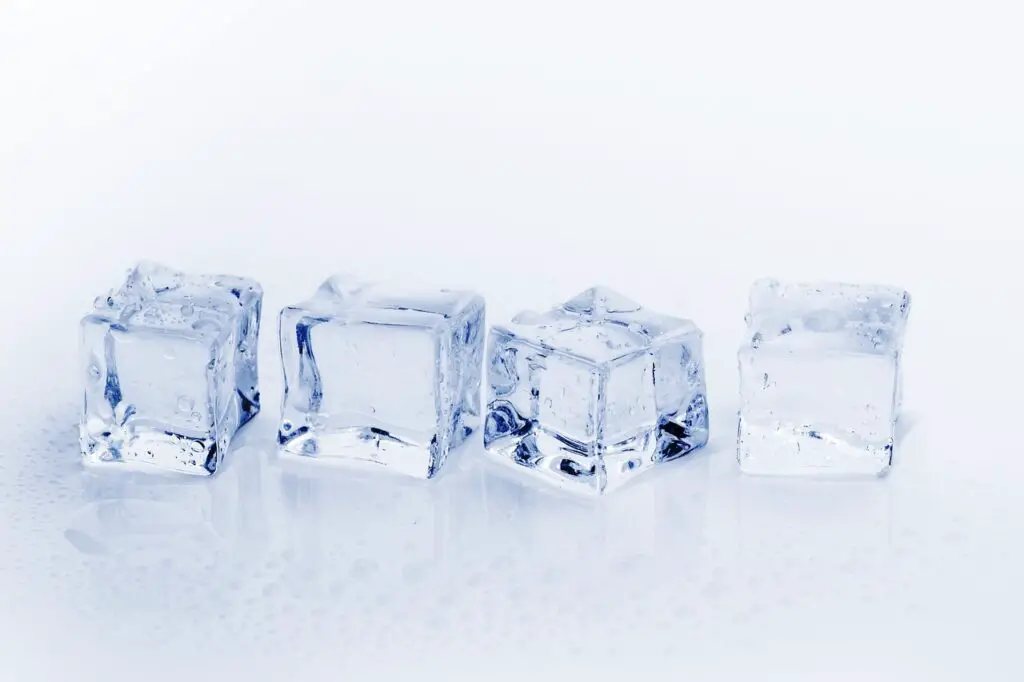
The first and best fix you can do for your hornet sting is to take some ice and rub it on the area of the sting. It provides temporary relief from the pain and discomfort and reduces the swelling in the area immediately.
The cold temperature from the ice slows down the blood circulation in the area of the sting, thereby reducing pain and inflammation. If you are using direct ice cubes, wrap them in paper towels or use a gel ice pack for the best results.
2. Use Essential Oils
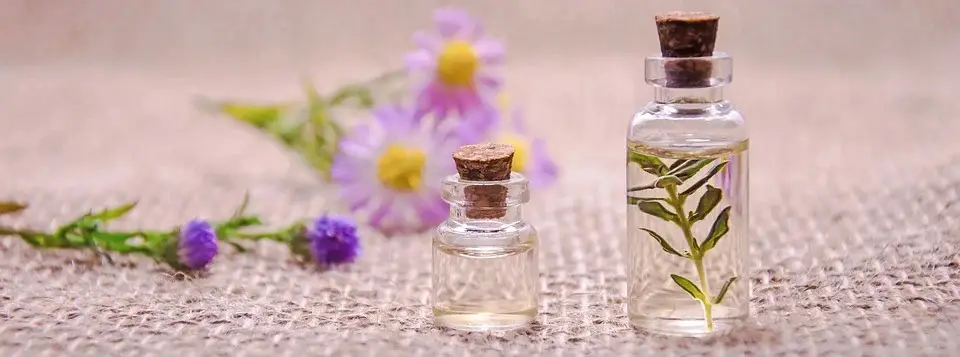
This may seem controversial, but trust us, it works. There are a few different types of essential oils, like tea tree, witch hazel, thyme, lavender, and rosemary, which work great in relieving the pain and swelling around the area of the hornet sting.
The use of essential oils has been around for quite some time now, and although there are controversies surrounding their usage, they indeed reap many more positive benefits than you’d like to admit. Ensure that you always dilute the essential oil with some carrier oil like coconut or olive. Also, do a patch test before applying in case you are allergic.
3. Use Honey
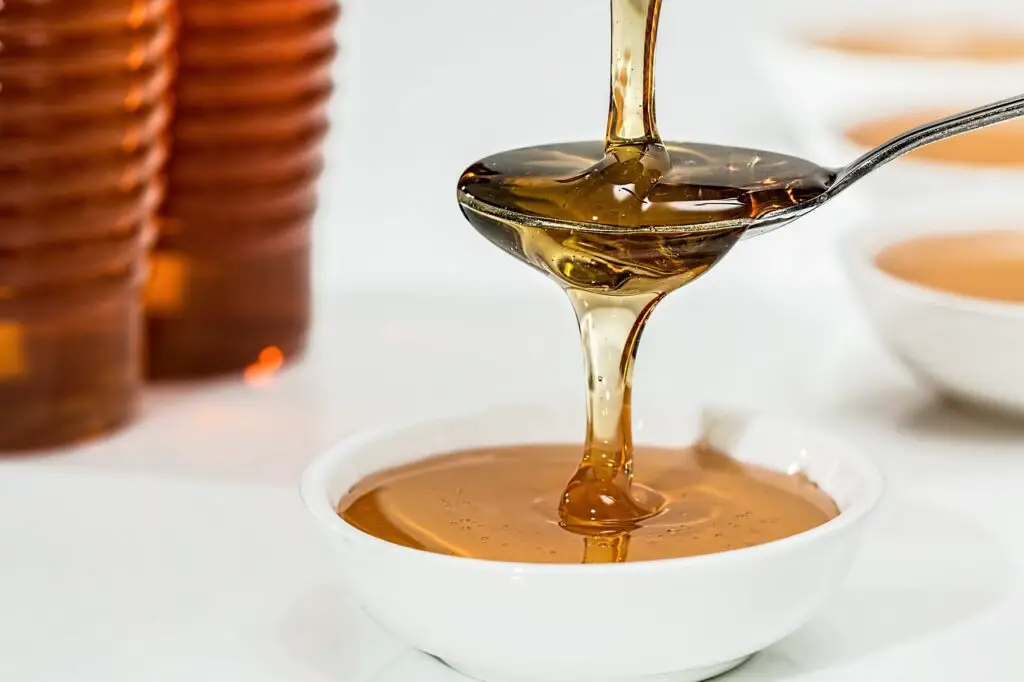
Moving ahead, another popular and effective natural remedy that works wonders in healing the hornet sting in your skin is honey. Manuka honey is enriched with antimicrobial and anti-inflammatory properties, which are considered helpful in relieving the pain and swelling around the sting site.
Furthermore, some studies also indicate that honey releases oxygen into the wounds (hornet sting site), which propels the healing process further. What you can do for maximum results is apply the honey on the site and cover it with some bandage.
4. Apply Garlic

Garlic is Known for its immunomodulatory properties. It does a lot more than boost your immunity. You’d be surprised to know that it works effortlessly in relieving the pain from the hornet stings.
You’d need raw garlic cloves for this. Allicin, the active compound in garlic, has anti-inflammatory properties, which reduce inflammation and the risks of infection that could happen in some cases. Crush the garlic to extract the juices and then apply the paste over the hornet sting.
5. Apply Baking Soda
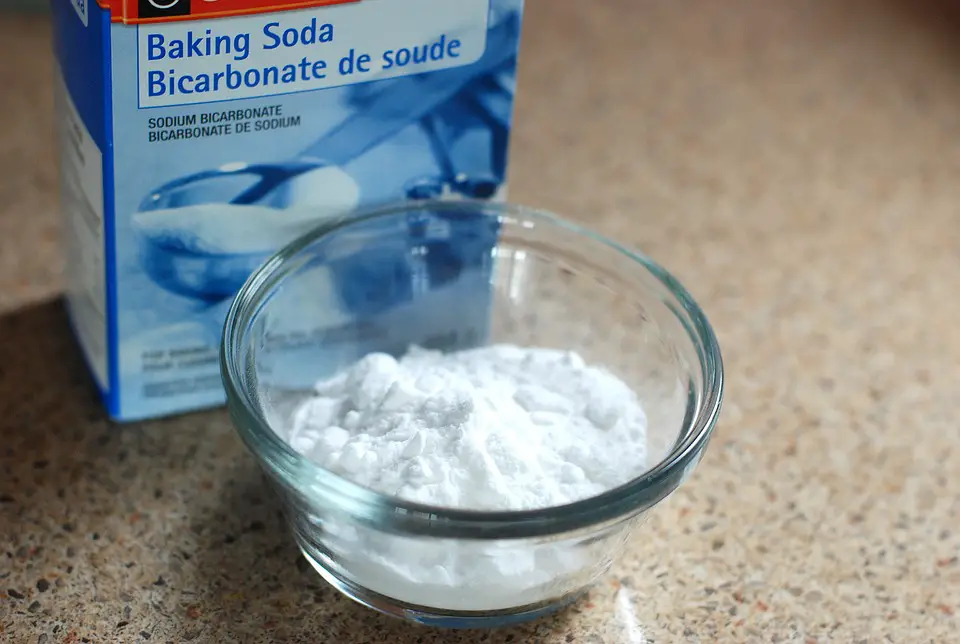
Hornet stings contain some degree of venom in them, which leads to instant pain, inflammation, and discomfort that most people complain about. If you want to neutralize that, baking soda is your best bet.
However, you’d need to do it immediately after you are stung. You need to make a paste out of baking soda and water and ensure that it has a pliable consistency that will hold on to your skin. Apply the thick paste on the area of the hornet sting and leave it be.
6. Use Aloe Vera Gel
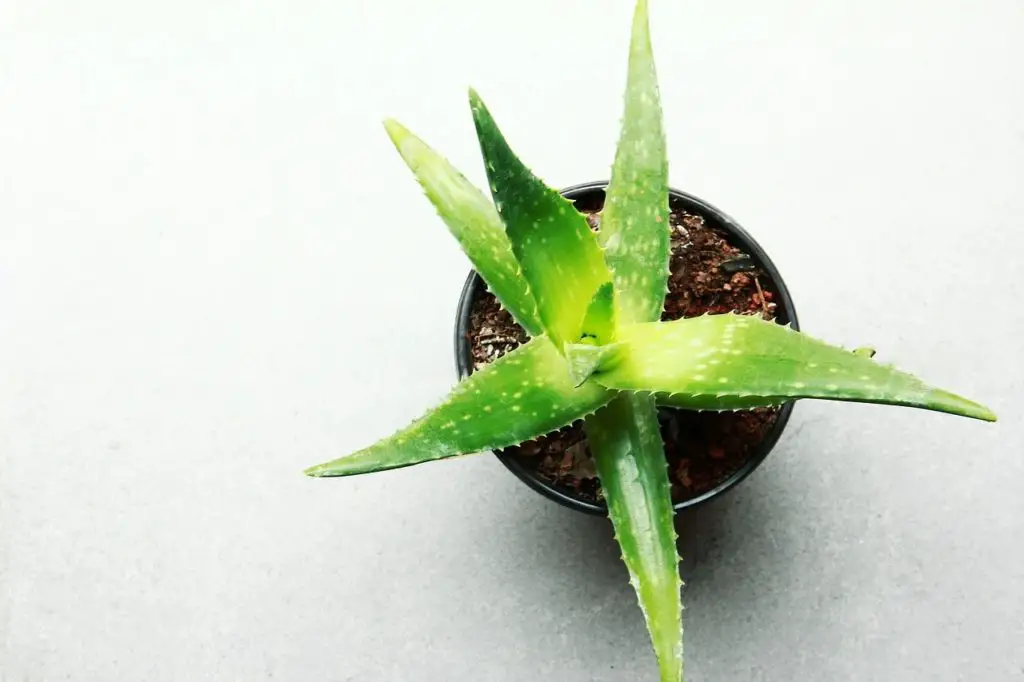
The best home remedy for hornet stings is aloe vera gel. It has a versatile effect in alleviating the pain, discomfort, inflammation, and numbness you are experiencing. However, the only thing you need to do is use a good-quality aloe vera gel.
The antimicrobial and anti-inflammatory properties are effective in alleviating pain and relieving the swelling on the site. You can use an actual aloe vera leaf and rub the gel part on the site. Since it’s moisturizing, you can leave it be or watch it off after a few hours.
7. Toothpaste
This might be a little confusing to some people, but applying toothpaste on the hornet stings site is effective. Some studies believe that most store-bought toothpaste has alkalizing properties, which help neutralize the acidic pH from the hornet sting.
It is believed that applying toothpaste on the site draws the venom out of the site of the sting, keeping the swelling and pain to a minimum. If you are applying the toothpaste, leave it alone for at least 10-20 minutes.
8. Cucumber
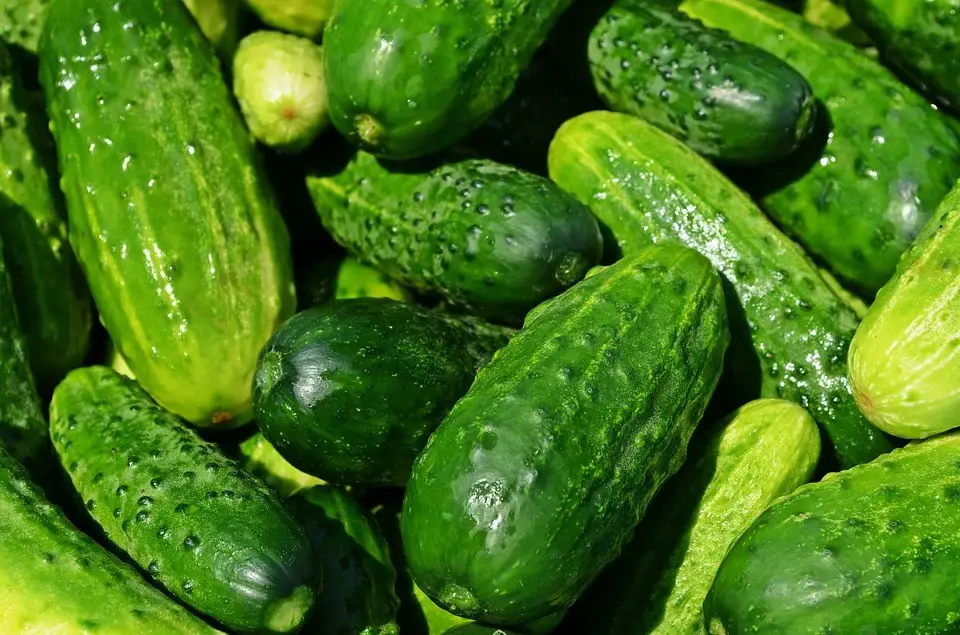
When you are stung by a hornet, the first thing you want is something cold and refreshing on the skin that will alleviate the pain immediately. For those who aren’t aware, cucumber is a natural astringent that helps speed up the healing process and fix wounds and inflammation.
For best results, you can take a cucumber slice and rub it over the hornet sting. Use a refrigerated cucumber for that additional cooling effect. Doing this a few times should help you fix the pain and inflammation you are likely experiencing.
9. Lemon Juice or Apple Cider Vinegar
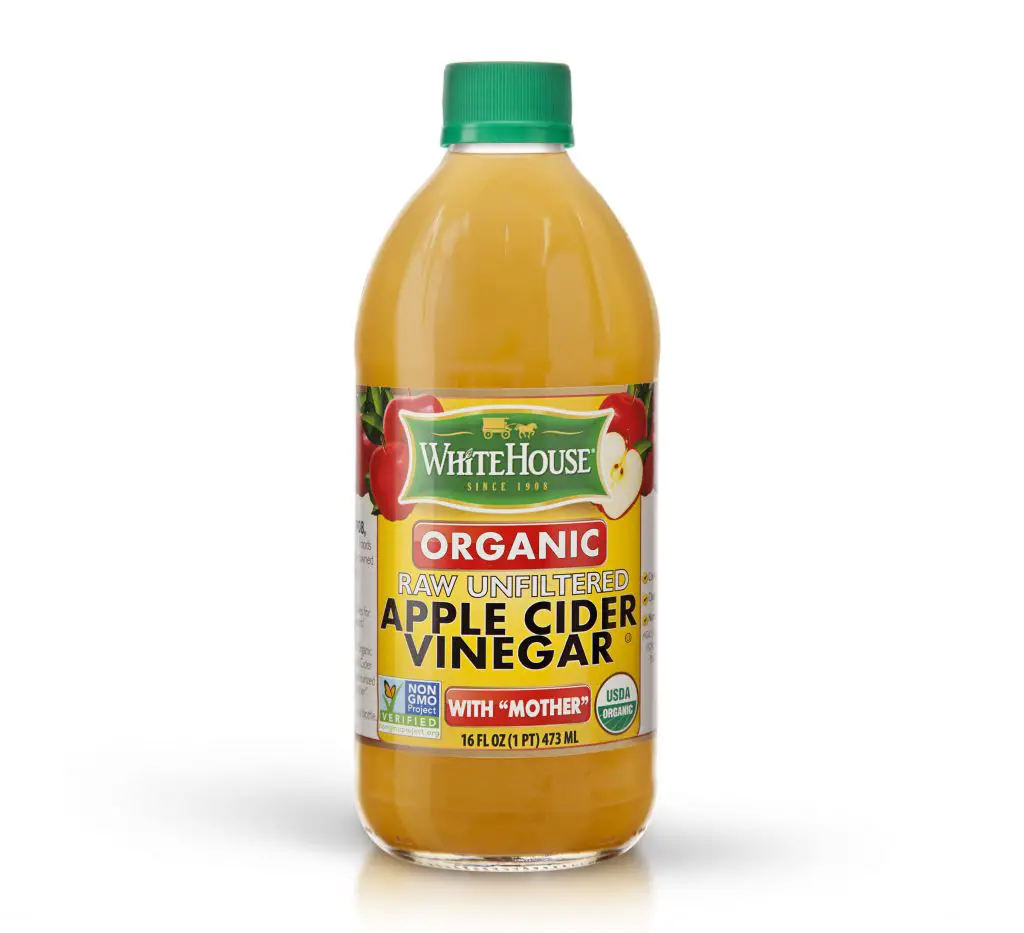
We are mentioning them together because their role in healing the hornet stings is quite similar. You do have to soak a piece of cotton in some lemon juice or apple cider vinegar and then apply the same over the hornet sting to neutralize the venom.
If you aren’t allergic to lemon juice or apple cider vinegar, apply it for some time until you find relief from pain in the site of the sting. It’s effective and an excellent remedy for alleviating the pain and discomfort you are likely experiencing.
10. Calamine Lotion
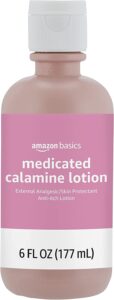
Hornet stings or any kind of insect stings can be healed quickly with some calamine lotion. It’s excellent for reducing pain and inflammation. Not just that, if you are experiencing itchiness and discomfort in that area, apply a thick coat of calamine lotion on the site of the sting too.
Ensure that you always test out the calamine notion on a small patch of your skin to ensure you aren’t allergic before applying the calamine lotion.
Conclusion
These are the top home remedy for hornet stings that can work well in not just healing the area of the sting but also alleviating the pain and the inflammation in the area. Keep a watchful eye on the symptoms, and if they spread or get worse, consult a doctor immediately.
Also read: How to Get Rid of Bees? | 8 Remedies that Work
Frequently Asked Questions (FAQs)
How do you treat a hornet sting?
Home remedies are the best way to treat the issues with a hornet sting on the skin. Ideally, we’d recommend looking out for any severe symptoms and consulting a doctor for further prescriptions like antihistamines, etc.
How long does a hornet sting last?
The symptoms from a hornet sting generally last from a few hours to a maximum of up to a day. We’d recommend keeping an eye out for the symptoms and reporting to a doctor if things go out of control.
Why do hornet stings hurt so much?
The main reason why hornet stings hurt so much is that their stings are a lot larger in size, which perforates through the skin and does cause a lot of pain.
Is turmeric good for wasp sting?
Applying a thick paste of turmeric can be great for relieving the pain and inflammation from the skin after you have been stung by a hornet.
Is Vicks Vapor Rub good for wasp stings?
There is no scientific evidence that proves the effectiveness of Vicks Vapor Rub in alleviating the pain and discomfort of a hornet sting. However, it is still a remedy many people use, which we’d recommend giving a try as well.
When should I worry about a hornet sting?
If the redness, swelling, and pain spread away from the site of the hornet sting, that’s when you have to start taking things seriously. Also, if you are experiencing dizziness and trouble breathing, that’s another reason you need to consult a doctor.
Which sting is worse, hornet or wasp?
Compared to wasp stings, hornet stings are generally a lot more painful and critical. You are bound to experience more pain and inflammation, but their sting isn’t fatal.
Is coconut oil good for hornet stings?
Applying coconut oil on the hornet stings can relieve the pain and swelling. You can apply some cold-pressed coconut oil and tie a bandage around the site.
What happens if a hornet stinger is not removed?
If you don’t remove the hornet stinger from your skin, it leads to more pain and swelling in the site where the stinger is left.
How do I identify a hornet?
A hornet looks the same as a wasp with a thin waist right between the thorax region and the abdomen. They are most yellow-brownish in appearance with speckles of black.
How many times can a hornet sting you?
Most insects, like a hornet, sting around once. However, giant hornets can deliver 10x more venom than a standard-sized hornet or wasp.
